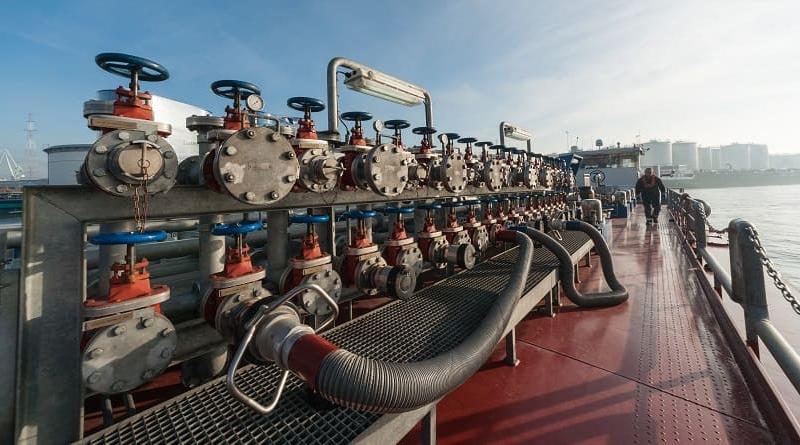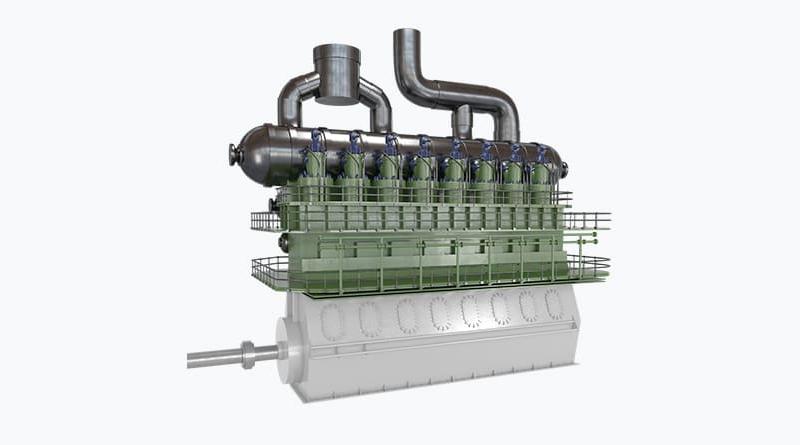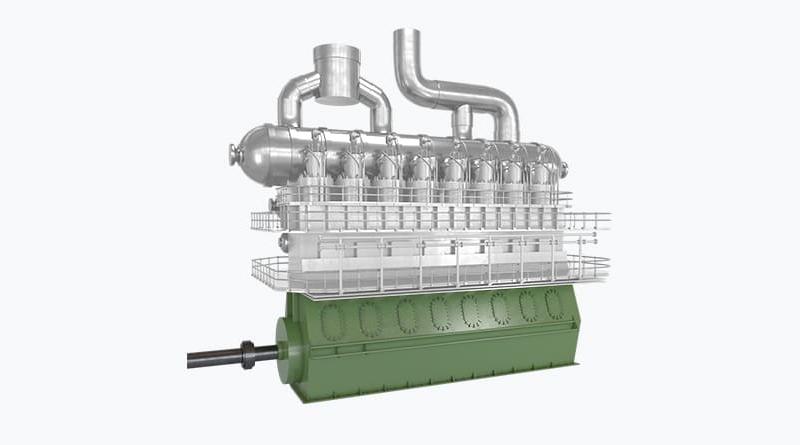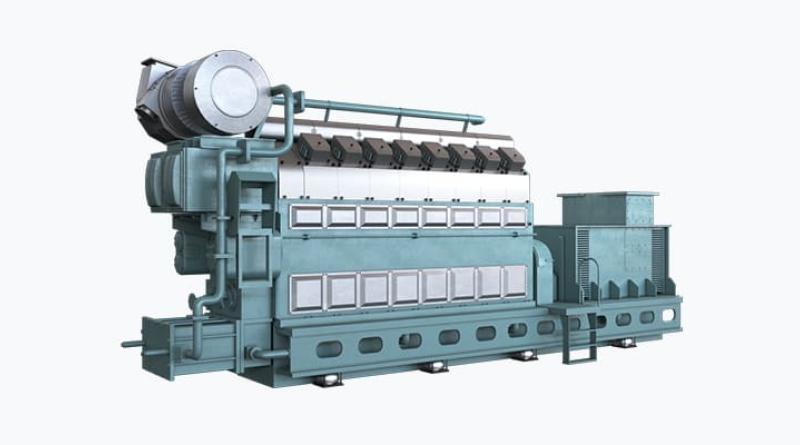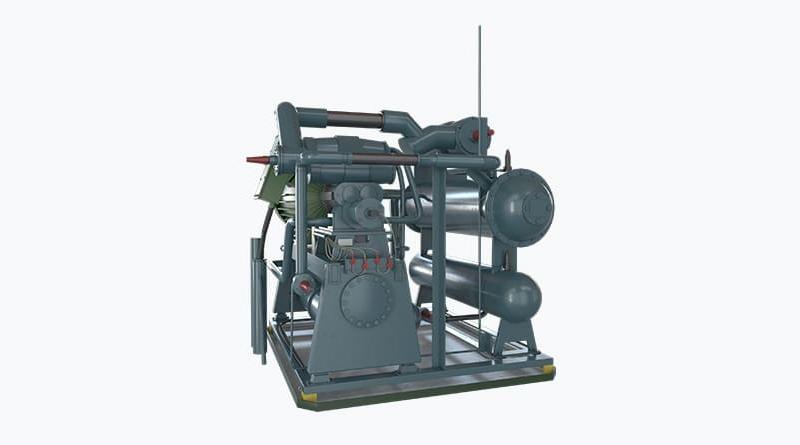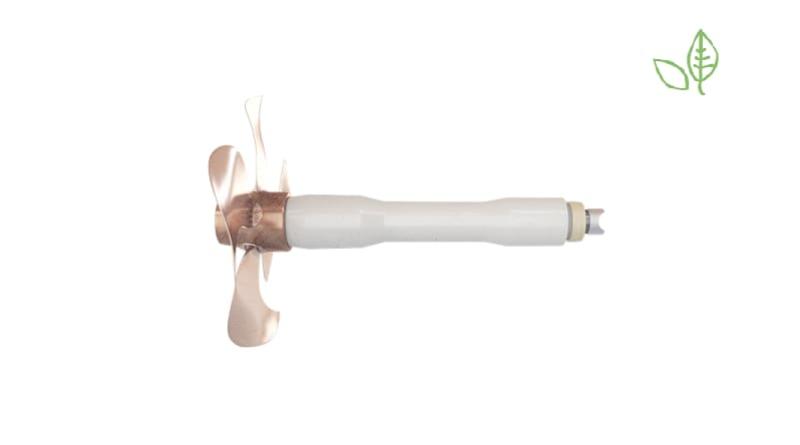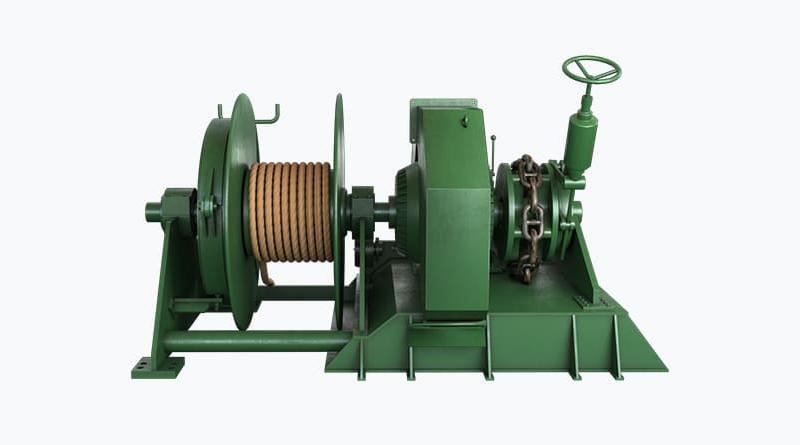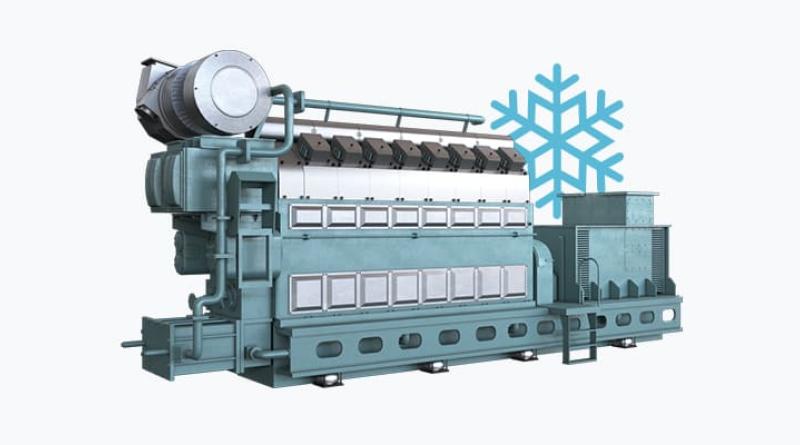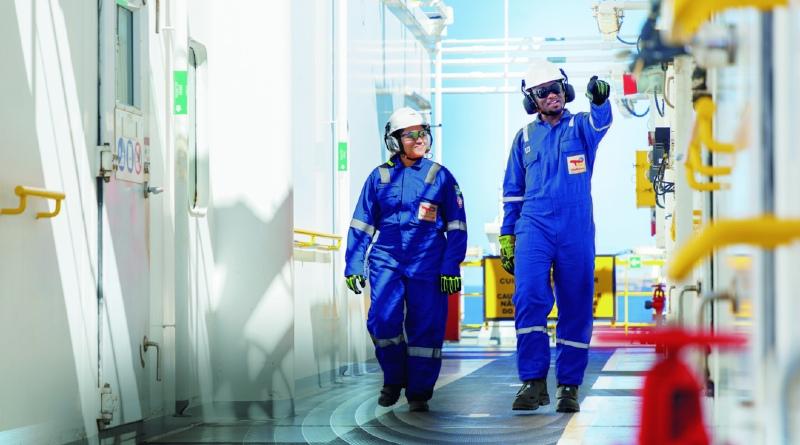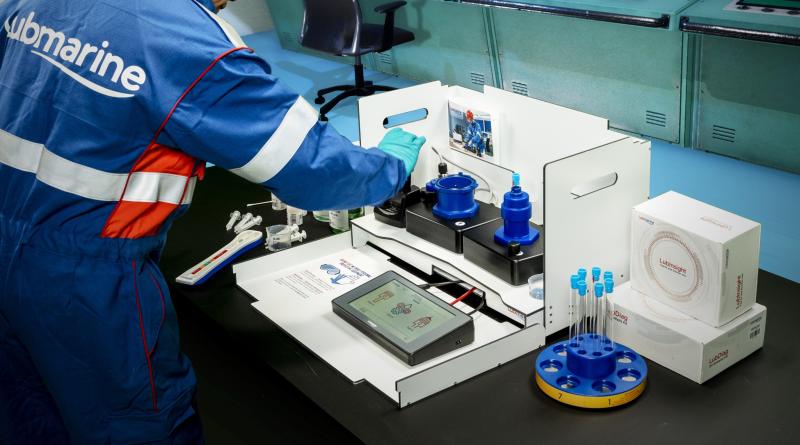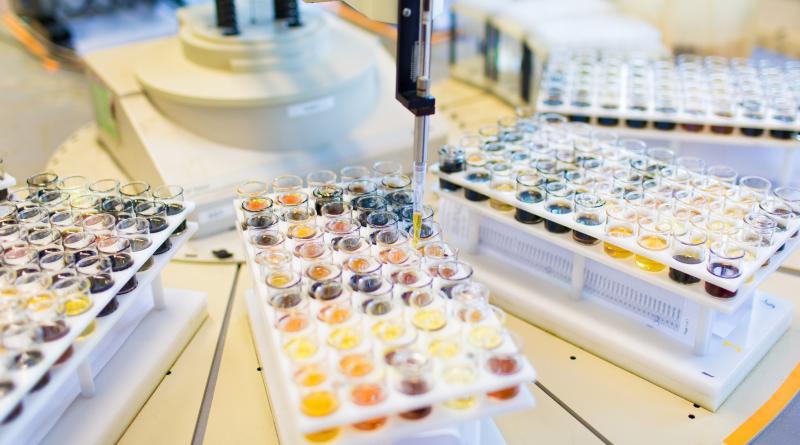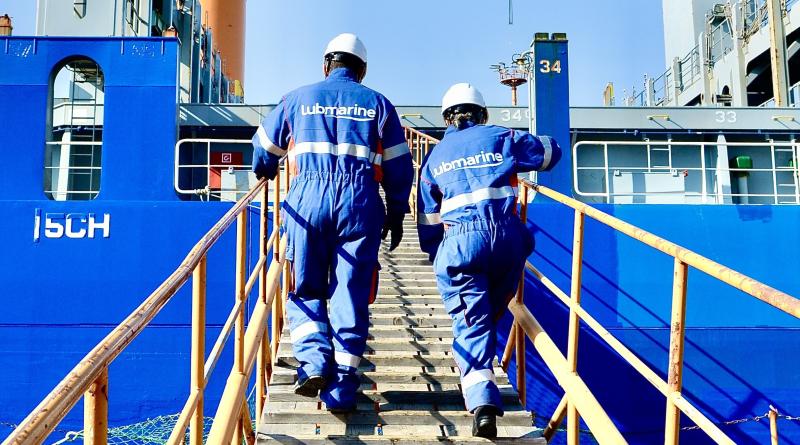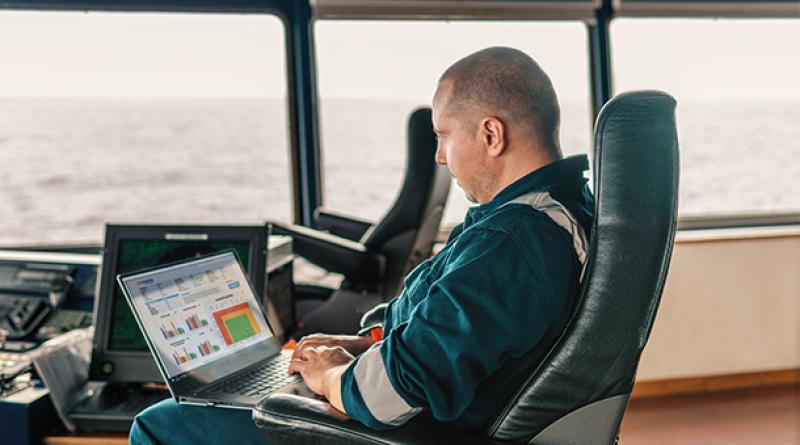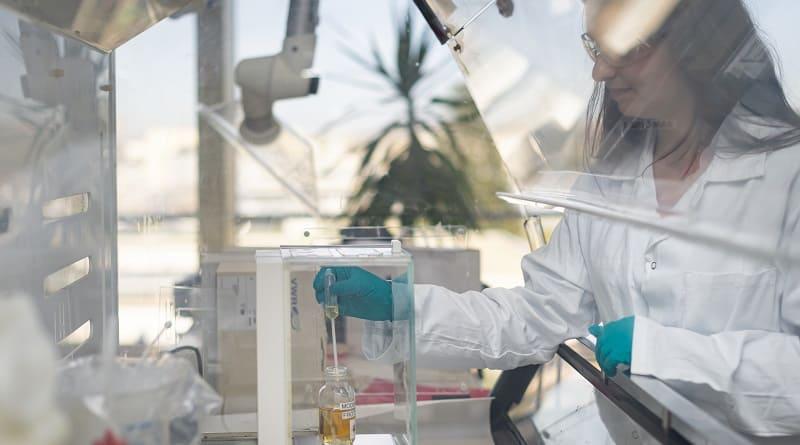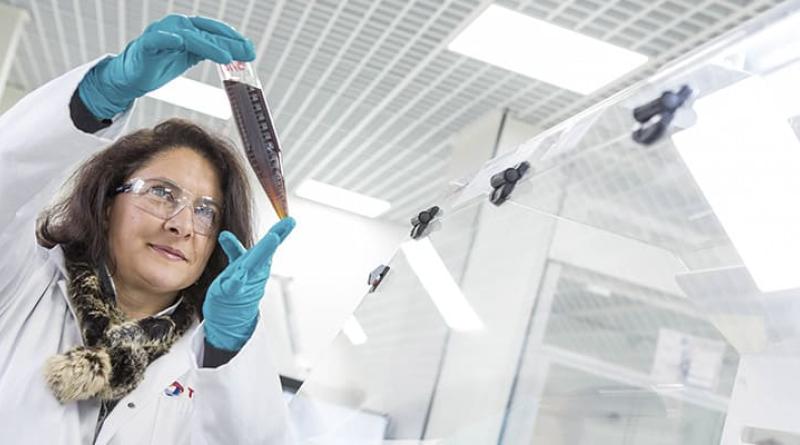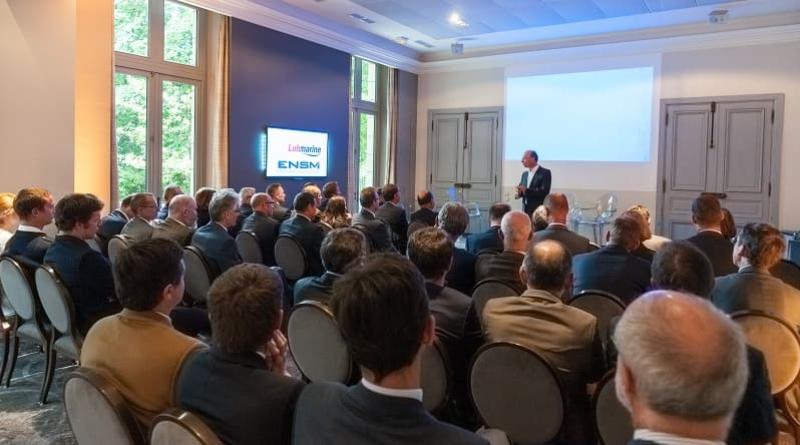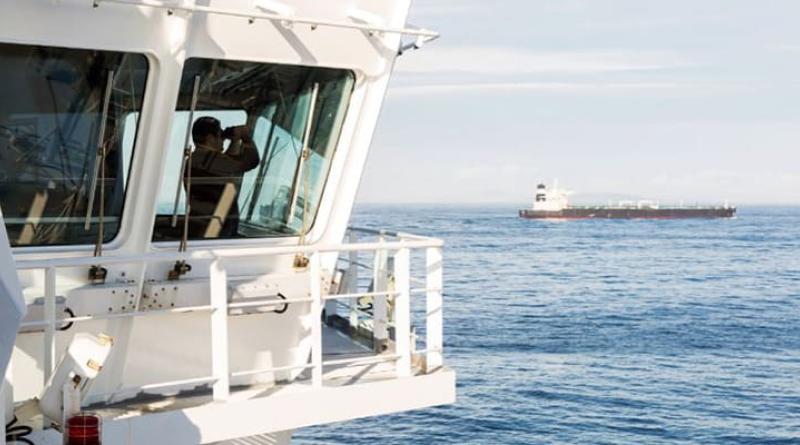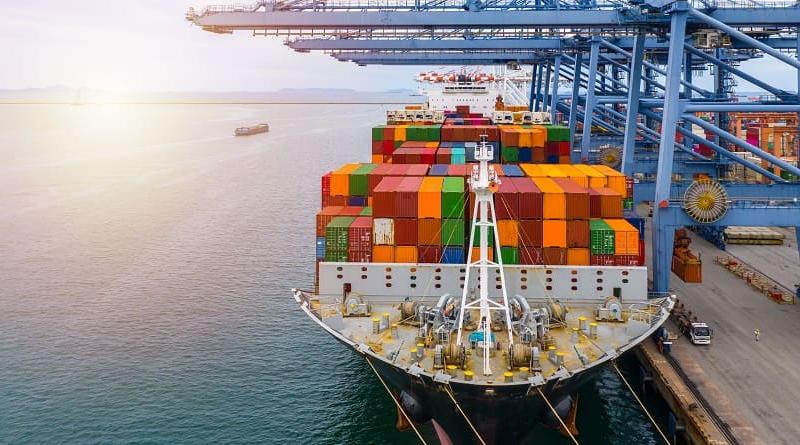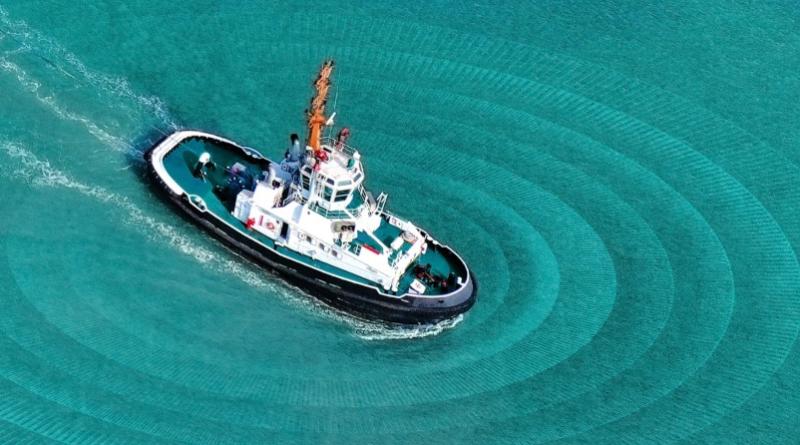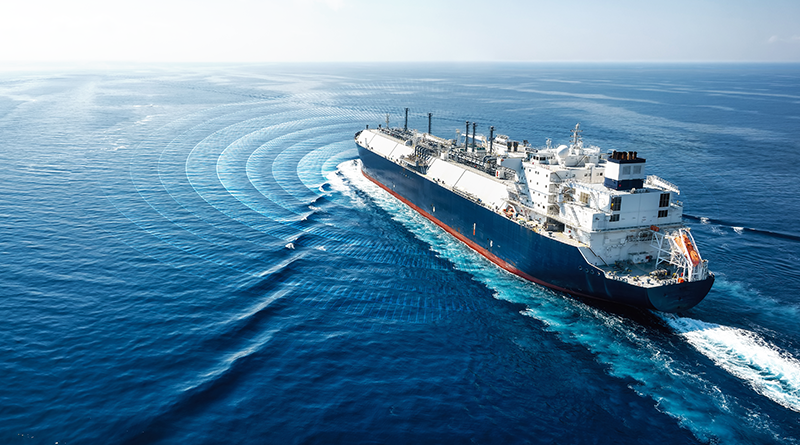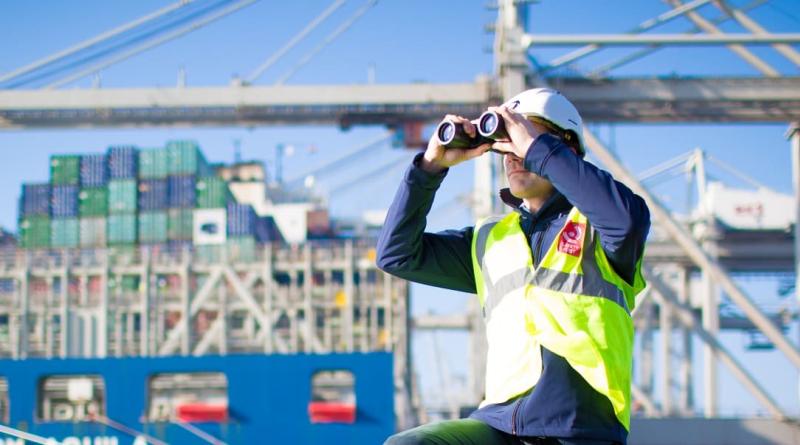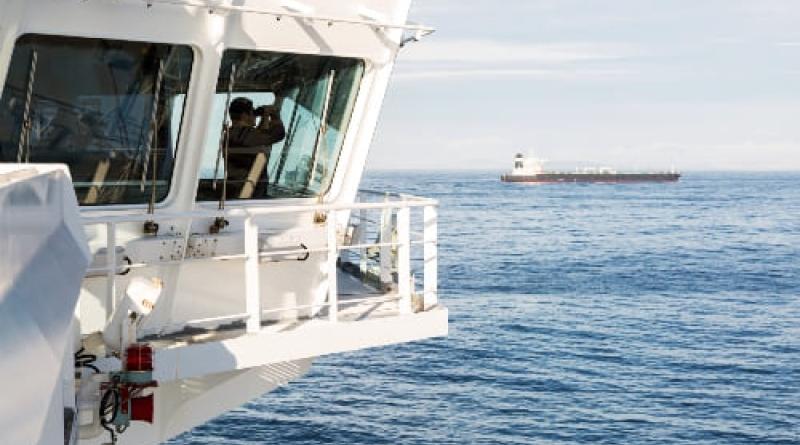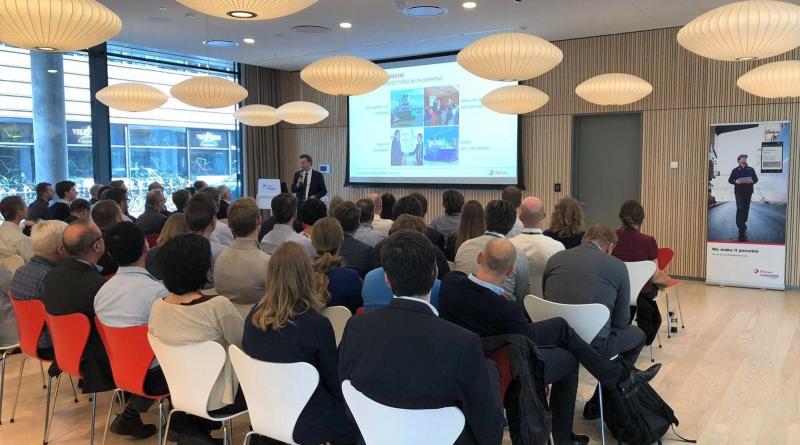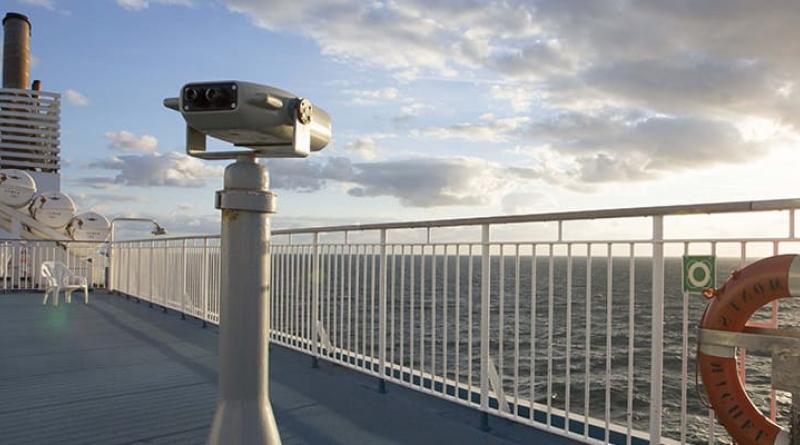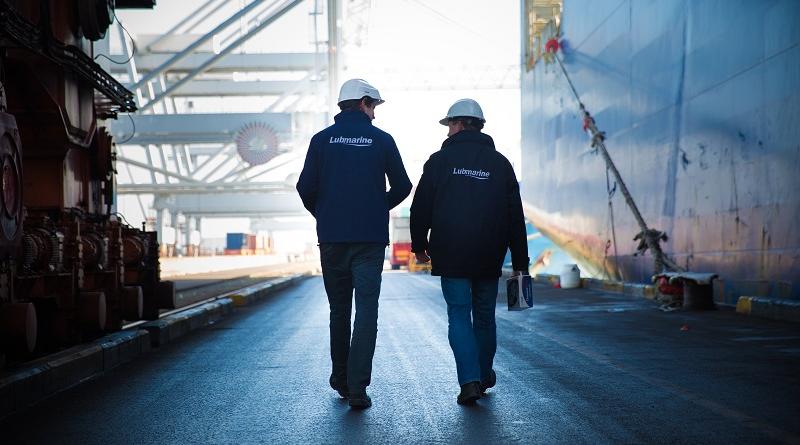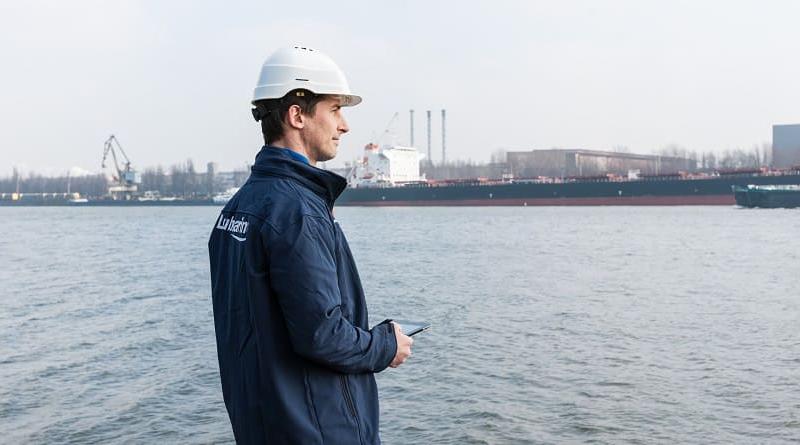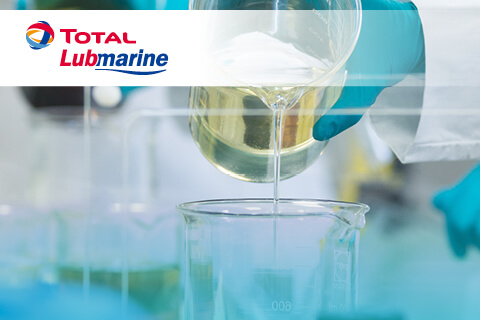
Speaking with Motorship in December, Total Lubmarine Technical Director, Jean-Philippe Roman discussed new fuels, the low sulfur blends evolving in response to 2020 regulation and the impact digitalization will have on cylinder condition monitoring.
Mr Roman addressed the issue of ship operators tending to equate low sulfur fuels with low Base Number (BN) lubricants, highlighting that the reality is more complicated as the way the engine is operated will also have a significant impact on BN. Speaking specifically on lubricating LNG engines he said:
“It’s simplistic to talk about base number as only related to fuel type. Yes, you don’t need a high level of basicity because there is no sulfur and the risk of corrosion is greatly reduced. But dual-fuel engines work under temperatures that can generate deposits, so if you have a low BN you must bear in mind that you need to bring detergency to keep the engine clean. It is not just a case of BN.”
Mr Roman also discussed the Total Lubmarine approach to digitalizing its monitoring program, saying:
“We are digitalizing the way of controlling cylinder condition onboard. The goal is to help crews run the test and be able to check the condition of the cylinders in a very easy way.”
To read the article in full, click here.


